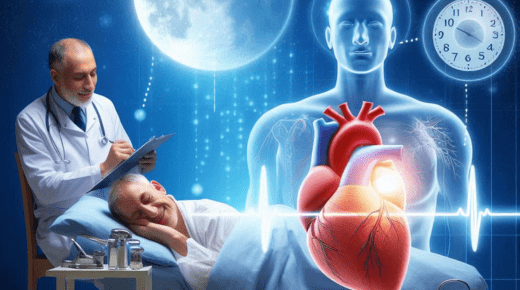Orthopedic conditions can be a challenge, but understanding genetics helps. Genetics plays a crucial role in how these conditions develop. Knowing this can help in treatment planning. For example, research by Marque A. Allen DPM, FACFAS shows how certain genes affect bone health. Genes influence how our bones, joints, and muscles function. This knowledge helps doctors choose the best treatments. Understanding the genetic link can improve patient care. Let’s explore how genetics impact orthopedic conditions and their treatment.
Genetic Factors in Orthopedic Conditions
Our genes determine many aspects of our bone and joint health. Some people have genes that make them more prone to conditions like osteoporosis or arthritis. When doctors know about these genetic factors, they can offer better advice. They can suggest lifestyle changes or recommend specific treatments to manage or prevent issues.
Genetic testing can provide insights into one’s risk for certain conditions. For instance, if someone has a family history of a particular orthopedic issue, testing can help assess their likelihood of developing the same condition. This proactive approach can lead to early intervention and management.
Common Genetic Orthopedic Conditions
There are several orthopedic conditions influenced by genetics. Here are three common ones:
- Osteoporosis: This condition weakens bones, making them fragile. Certain genetic markers increase the risk.
- Rheumatoid Arthritis: An autoimmune disorder that can cause joint pain and damage. Genetics can play a role in its development.
- Scoliosis: A sideways curvature of the spine. Some cases are linked to genetic factors.
Comparing Genetic and Environmental Influences
The table below highlights how genetics and environmental factors contribute to orthopedic conditions:
| Condition | Genetic Influence | Environmental Influence |
| Osteoporosis | Family history, specific gene mutations | Diet, physical activity, smoking |
| Rheumatoid Arthritis | Genetic predisposition | Infections, smoking, hormonal changes |
| Scoliosis | Genetic mutations | Unknown, but may include childhood sports |
Treatment Options Influenced by Genetics
Knowing the genetic basis of a condition can guide treatment options. For example, if a genetic test shows a high risk of osteoporosis, doctors might suggest medications to strengthen bones or recommend calcium and vitamin D supplements.
Similarly, for conditions like rheumatoid arthritis, understanding genetic factors can help personalize treatment plans. This might include specific medications or therapies that target the genetic pathways involved.
The Future of Genetics in Orthopedics
The field of genetics is rapidly evolving. New research and technological advancements are enhancing our understanding of orthopedic conditions. Scientists are continually discovering new genes linked to these conditions, which opens up new possibilities for treatment.
For more detailed information on the role of genetics in orthopedic conditions, the National Institutes of Health offers extensive resources. Moreover, the Centers for Disease Control and Prevention provides valuable insights into managing arthritis and related conditions.
By integrating genetic knowledge with traditional care, doctors can offer more comprehensive and effective treatment plans. This approach not only addresses current health issues but also helps in preventing future problems.
Conclusion
Genetics have a significant impact on orthopedic conditions and their treatment. By understanding the genetic factors at play, healthcare providers can offer more personalized and effective care. As research continues, the future of orthopedic treatment looks promising with the integration of genetic insights. Patients benefit from more targeted therapies and better overall outcomes. This proactive approach is a step forward in modern medicine, emphasizing prevention and tailored treatment.




